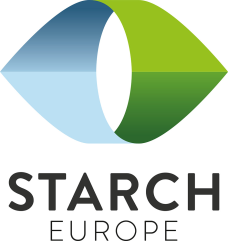TTIP From Both Sides – A Fair and Level Playing Field?

Transatlantic Trade and Investment Partnership (TTIP) negotiators on both sides must take into account historical differences, current market realities and future consequences on European rural areas when liberalising trade in sensitive agricultural sectors, US and EU decision-makers and stakeholders heard at a panel debate organised by Starch Europe in the European Parliament.
EU and US negotiators were meeting in Miami, USA for the 11th round of TTIP negotiations. While the public debate has so far much focused on regulatory convergence (non-tariff barriers) or on governance (the infamous Investor-State Dispute Settlement (ISDS)), negotiations on tariffs and quotas could have serious implications – either positive or negative – for the agricultural and primary food transformation sector as markets would open up.
 At an event hosted by MEP Jim Nicholson on 20 October and sponsored by Starch Europe, decision-makers and stakeholders from both sides of the Atlantic discussed what it would take to establish a fair level playing field in the agri-food sector if trade of agricultural raw materials and transformed products, such as ethanol and starch, is liberalised. Ensuring a fair level playing field in a newly opened transatlantic market will require that the specificities and sensitivities of all sectors are duly taken into account by the negotiators.
At an event hosted by MEP Jim Nicholson on 20 October and sponsored by Starch Europe, decision-makers and stakeholders from both sides of the Atlantic discussed what it would take to establish a fair level playing field in the agri-food sector if trade of agricultural raw materials and transformed products, such as ethanol and starch, is liberalised. Ensuring a fair level playing field in a newly opened transatlantic market will require that the specificities and sensitivities of all sectors are duly taken into account by the negotiators.
According to Gianfranco Patrucco, President of Starch Europe: “When it comes to starch production, it is clear that the playing field is not level, in large part due to historically different regulatory approaches to the sector by EU and US administrations. It is not only about starch production, but even more importantly about the impact this could have on the European farmers, their ability to use the by-products of starch and the livelihood of rural areas in Europe.”

































